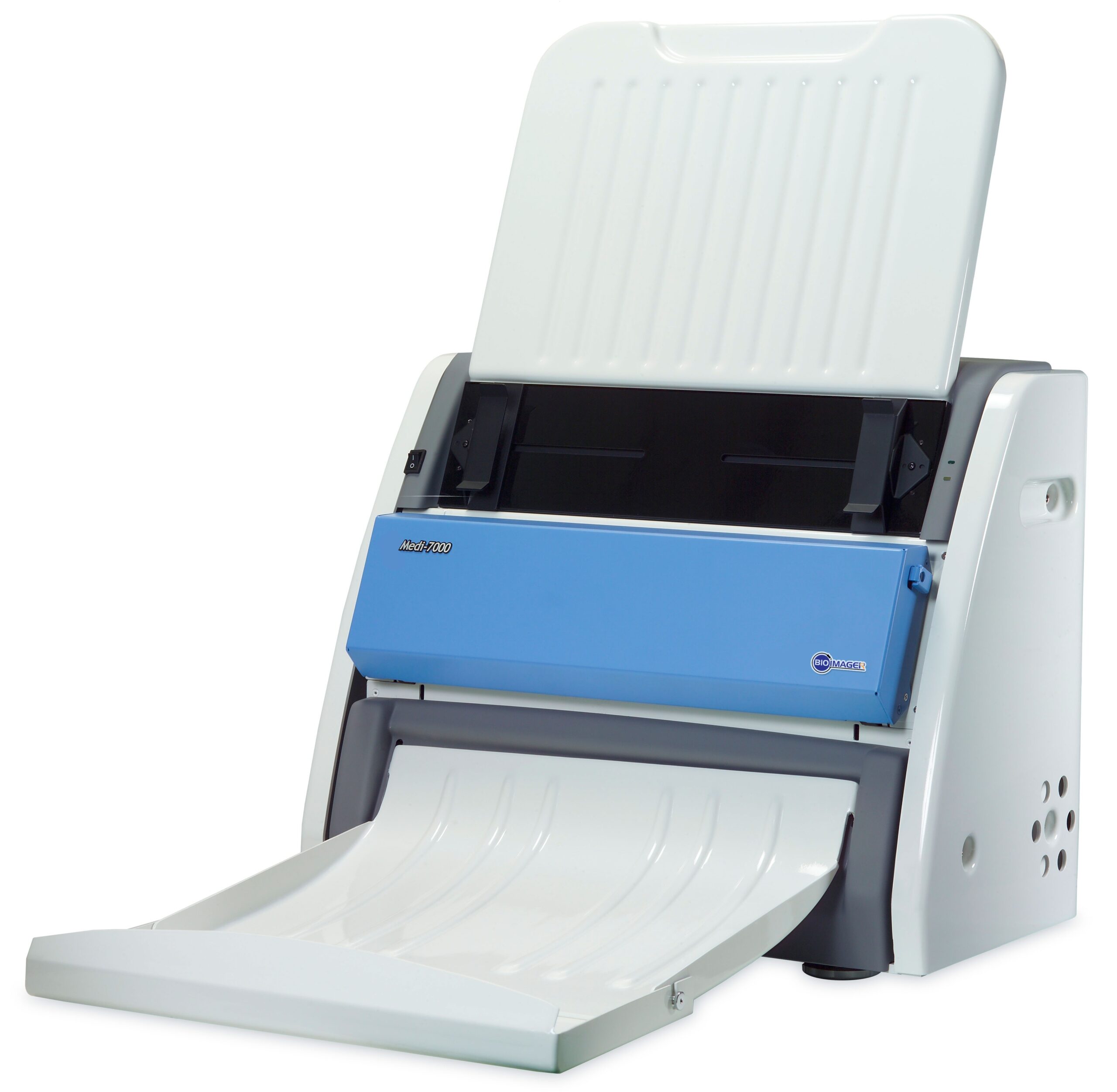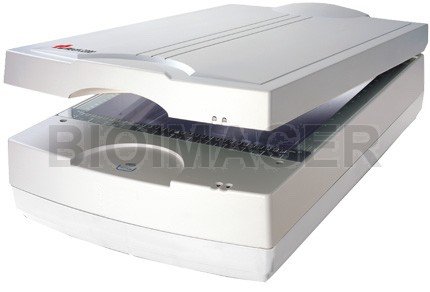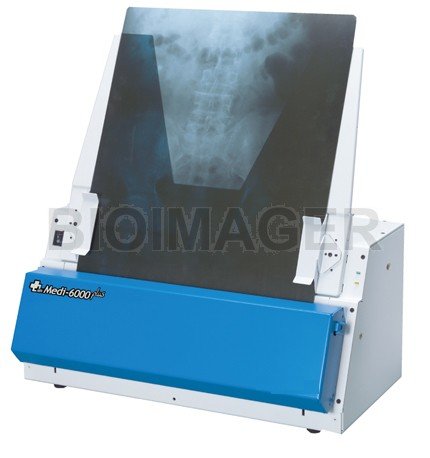Medical & Dental Scanners
Showing all 3 results
-
-
Request a Quote Request a Quote
-
Showing all 3 results
Medical Scanners for X-Ray and Dental
Medical scanners for X-ray imaging play a crucial role in modern medicine, enabling doctors and medical professionals to diagnose and treat a wide range of conditions. Here are some key reasons why medical scanners for X-ray imaging are so important:
- Non-invasive: Medical scanners for X-ray imaging are non-invasive, meaning that they do not require any incisions or invasive procedures. This makes them an ideal tool for diagnosing and monitoring many different conditions.
- Accuracy: X-ray images can provide highly accurate information about the body’s internal structures, which can help doctors make more informed diagnoses and treatment plans.
- Speed: Medical scanners for X-ray imaging can produce images quickly, often in a matter of seconds. This can be especially important in emergency situations where time is of the essence.
- Versatility: X-ray imaging can be used to diagnose and monitor a wide range of conditions, from broken bones and dental problems to more complex conditions like cancer and heart disease.
- Low radiation doses: Modern medical scanners for X-ray imaging are designed to minimize the patient’s exposure to ionizing radiation, making them safe and effective for use in medical settings.
At Bioimager, we offer a range of medical scanners for X-ray imaging, including CT scanners, DR systems, fluoroscopy systems, and mammography systems. Our devices are designed with the latest technology to provide high-quality images while minimizing the patient’s exposure to ionizing radiation. Contact us today to learn more about how our medical scanners for X-ray imaging can benefit your practice or healthcare facility.
Here are some factors to consider when choosing a medical scanner for X-ray and dental applications:
- Image quality: The quality of the images produced by the scanner is crucial for accurate diagnosis and treatment planning. Look for a scanner that produces clear, high-quality images with accurate color representation.
- Radiation exposure: The amount of radiation exposure associated with the scanner is important to consider, especially for patients who may require multiple scans. Look for scanners that have low radiation exposure levels while still maintaining high image quality.
- Compatibility: Make sure the scanner is compatible with your existing software and hardware. Some scanners may require specific software or hardware to function properly.
- Ease of use: A user-friendly interface can save time and reduce errors during operation. Consider the ease of use of the scanner and its software.
- Size and portability: The size and portability of the scanner can be important for dental applications, where the scanner may need to be moved from room to room. Look for scanners that are lightweight and easy to move.
Several medical scanner brands for X-ray and dental applications are available in the market. It’s important to carefully evaluate your specific needs and choose a scanner that best fits your requirements. Additionally, it may be helpful to consult with our experts in the field to determine the most appropriate scanner for your particular application.




